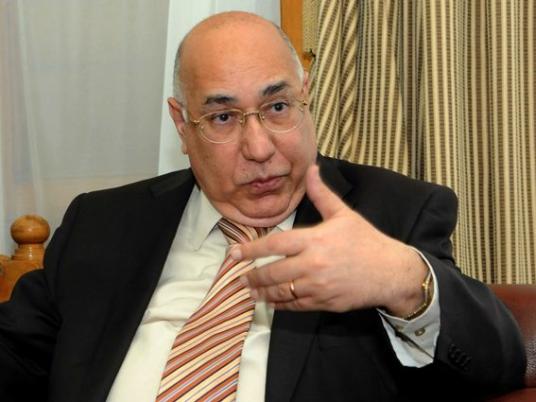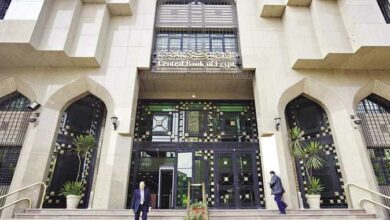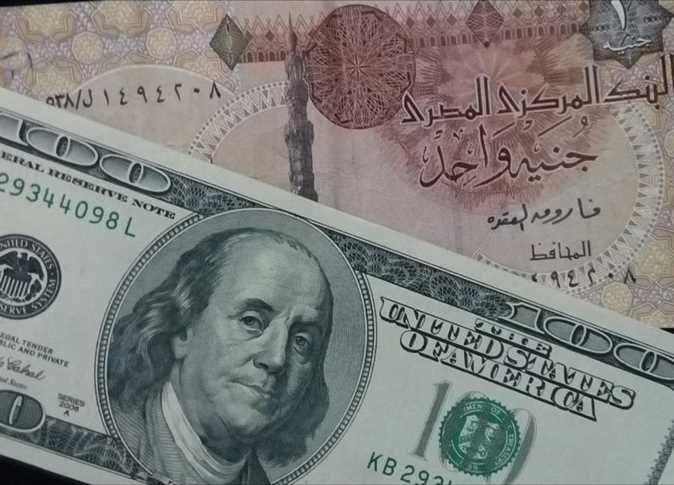
Momtaz El-Said's appointment Wednesday makes him Egypt’s fourth finance minister this year, but brings with it little promise of new prospects.
“We’re back to the old bureaucracy with Said,” Samer Soliman, assistant professor of political economy at the American University of Cairo, said.
Said will serve in the cabinet unveiled Wednesday under septuagenarian Prime Minister Kamal al-Ganzouri, who is also an economist. The ruling Supreme Council of the Armed Forces (SCAF) tasked Ganzouri with forming a new cabinet, after the previous one led by Essam Sharaf resigned amid massive protests against military rule in late November.
“Said is an employee who will obey the SCAF’s orders and manage the public finances. The appointments are an attempt to de-politicize the cabinet,” Soliman said.
Soliman told Egypt Independent that when he requested information from the Finance Ministry for his doctoral research in 2001, Said was the major obstacle to accessing that information.
“He is known for dealing with newspapers as though they are secret documents. It is a very old bureaucratic mentality,” Soliman said.
A veteran bureaucrat pulled out of retirement to serve as deputy to outgoing Finance Minister Hazem al-Beblawy, Said currently represents the ministry on the board of the Central Bank of Egypt (CBE).
A source at the CBE governor’s office said it has not yet been decided whether Said will remain on the board or another ministry representative will be chosen.
According to regulations enacted in October, the CBE board must include the governor, two deputies, the head of the Egyptian Financial Supervisory Authority, a representative of the finance minister, and four members to be appointed by Egypt’s president.
“There should be no conflict of interest with a Ministry of Finance representative sitting on the Central Bank board,” said Mohamed Abu Basha, an economist at EFG Hermes. “It is good for the two bodies to have a means of communicating with each other.”
Said previously led the ministry's budget division and served as undersecretary to former Finance Minister Youssef Boutros-Ghali, a Mubarak-era technocrat who is currently indicted on corruption charges.
The new finance minister said he would not alter the financial year 2011/12 state budget, which has been heavily criticized for insufficiently funding healthcare and education.
He did, however, release a statement on 3 December saying that the government would do its best to meet labor demands, such as granting permanent contracts to temporary workers and setting a wage cap.
In October, Egypt approved a new monthly minimum wage of LE700 for the private sector, which takes effect in January.
The reality of the public sector being able to take on new measures, though, is in doubt given the budget deficit. The financial year 2011/12 deficit is expected to reach LE133 billion, which represents 8.6 percent of gross domestic product, though many independent economists predict it will rise even higher.
Said has said that it is too early to determine the fate of the US$3.2 billion International Monetary Fund loan deal Egypt began renegotiating in November after initially rejecting it in June.
The Finance Ministry and CBE have resorted to borrowing from the domestic market to meet financing needs by issuing government securities and treasury bills — an expensive option with one-year notes offering a 14.9 percent interest rate. The IMF loan is understood to be much cheaper, with a pay-back interest rate of around 3 percent, and has few conditions attached.




